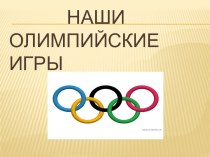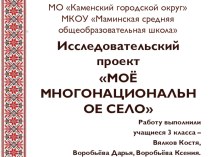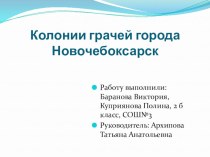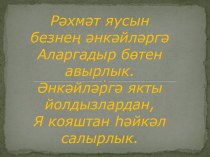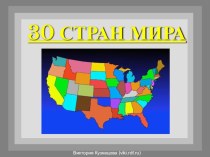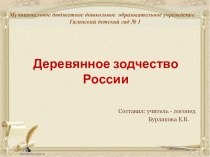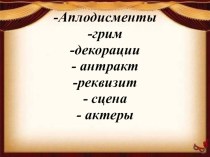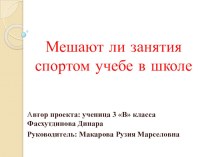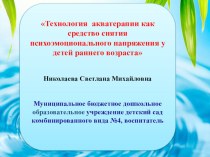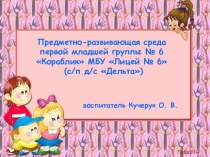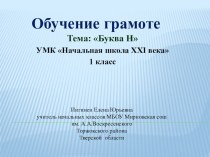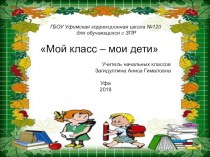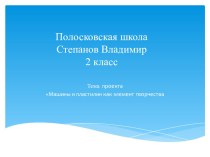- Главная
- Разное
- Бизнес и предпринимательство
- Образование
- Развлечения
- Государство
- Спорт
- Графика
- Культурология
- Еда и кулинария
- Лингвистика
- Религиоведение
- Черчение
- Физкультура
- ИЗО
- Психология
- Социология
- Английский язык
- Астрономия
- Алгебра
- Биология
- География
- Геометрия
- Детские презентации
- Информатика
- История
- Литература
- Маркетинг
- Математика
- Медицина
- Менеджмент
- Музыка
- МХК
- Немецкий язык
- ОБЖ
- Обществознание
- Окружающий мир
- Педагогика
- Русский язык
- Технология
- Физика
- Философия
- Химия
- Шаблоны, картинки для презентаций
- Экология
- Экономика
- Юриспруденция
Что такое findslide.org?
FindSlide.org - это сайт презентаций, докладов, шаблонов в формате PowerPoint.
Обратная связь
Email: Нажмите что бы посмотреть
Презентация на тему The relations between Russia and the UK
Содержание
- 2. Poll
- 3. Were there any periods in our common history when both countries were enemies?
- 4. 16th – 17th century
- 5. In 1697–1698 during the Grand Embassy of
- 6. 18th century Shipbuilders such as Cozens and
- 7. War of the Austrian Succession (1740—1748)The war
- 8. Seven Years’ War (1756–63) The Seven Years’
- 9. 18th century The Indian March
- 11. Crimean War (1853—1856) Crimean War fought
- 12. Boxer Rebellion (1899—1901) The Boxer movement spread
- 13. 20th century The Triple Entente was the
- 14. United Kingdom—Soviet Union relationsIn 1921 the Anglo-Soviet
- 15. Soviet-UK agreement against Germany The
- 16. 21st century After the collapse of
- 17. Скачать презентацию
- 18. Похожие презентации
Poll
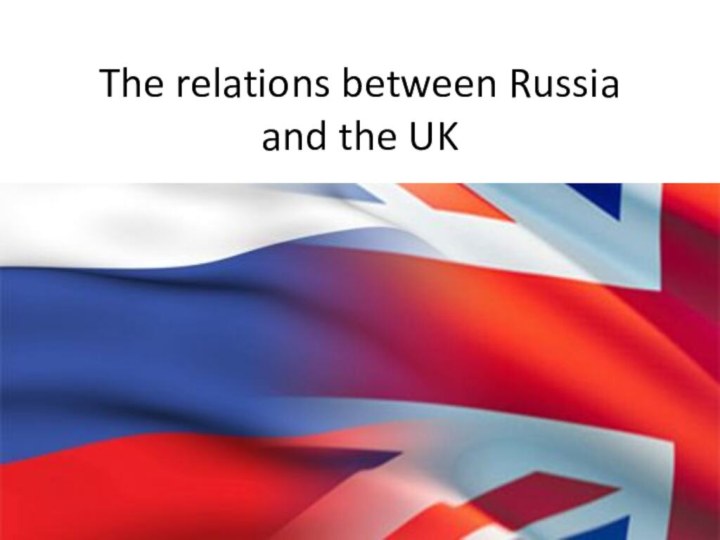
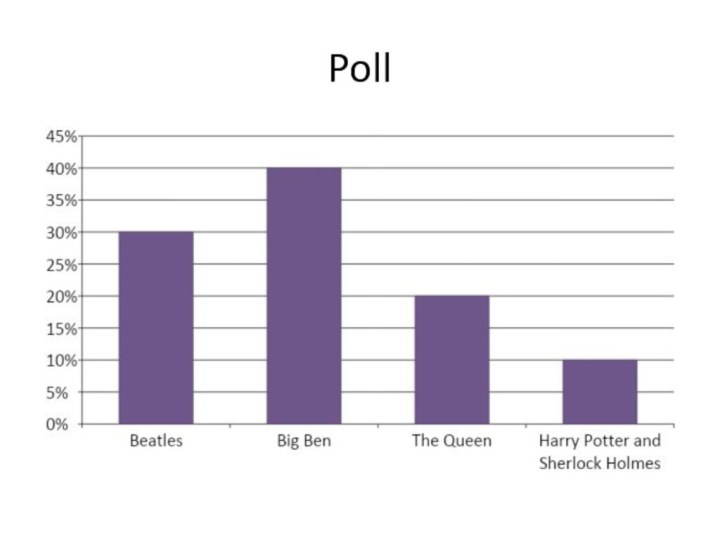
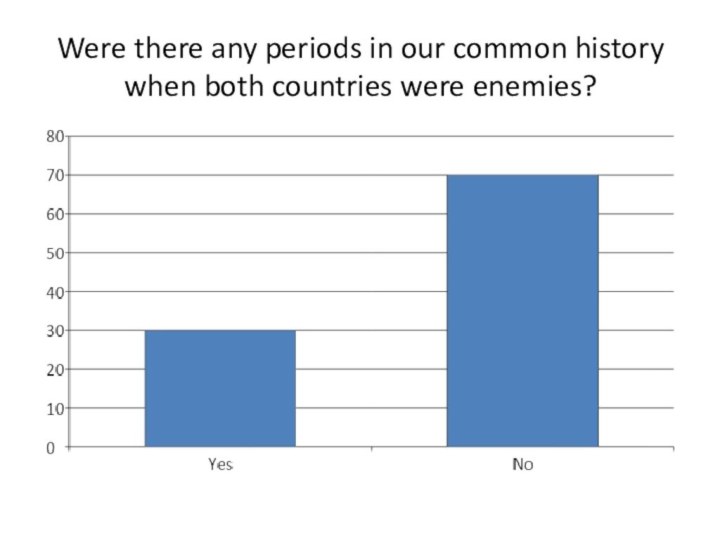
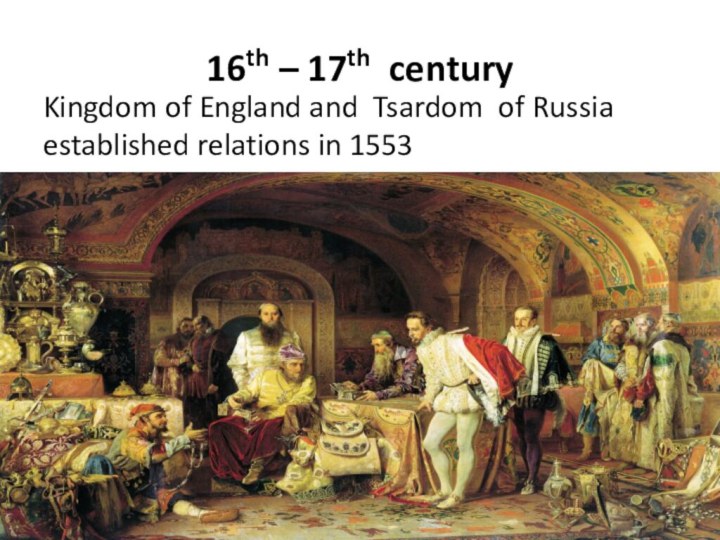
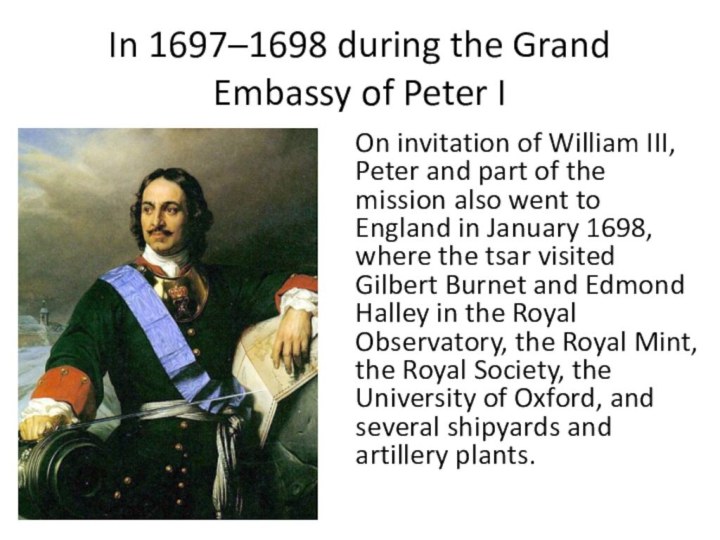
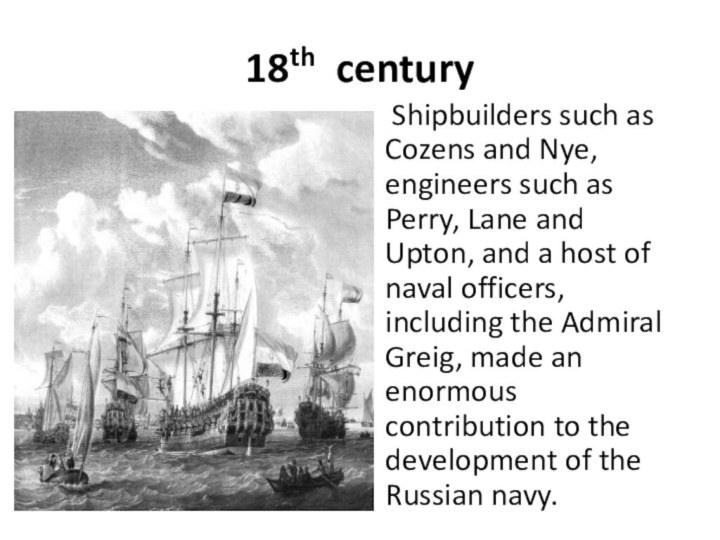
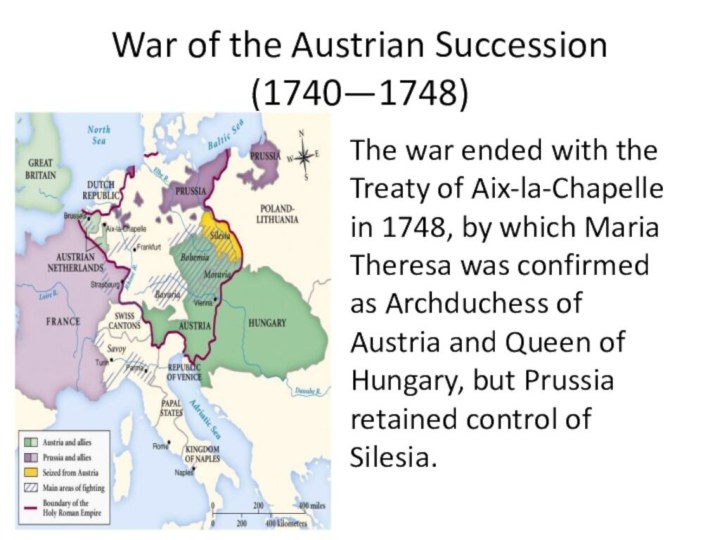
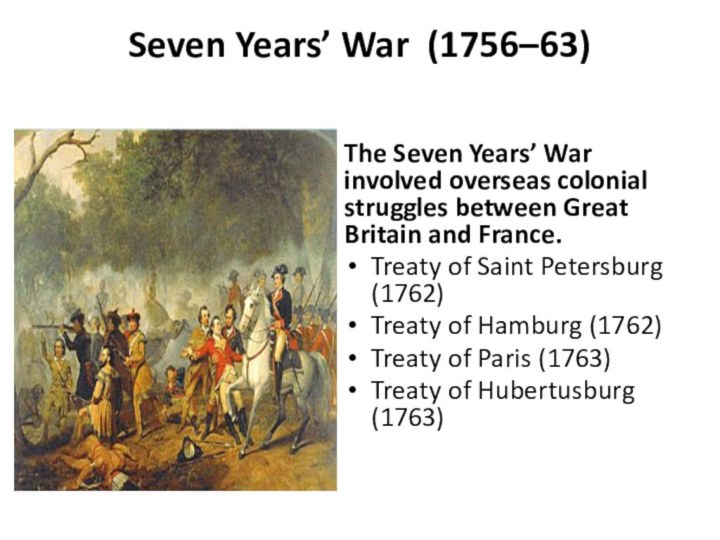
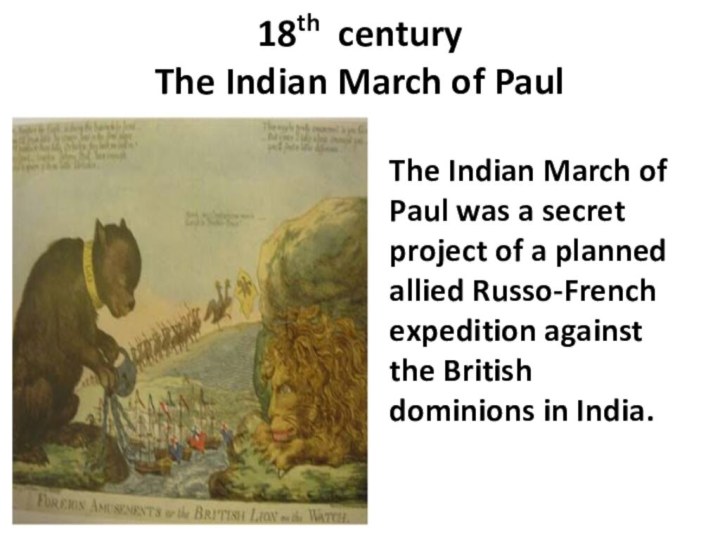
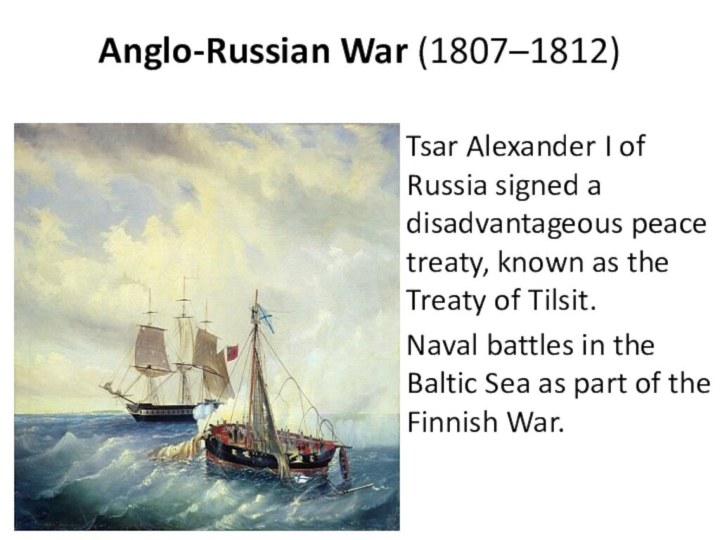
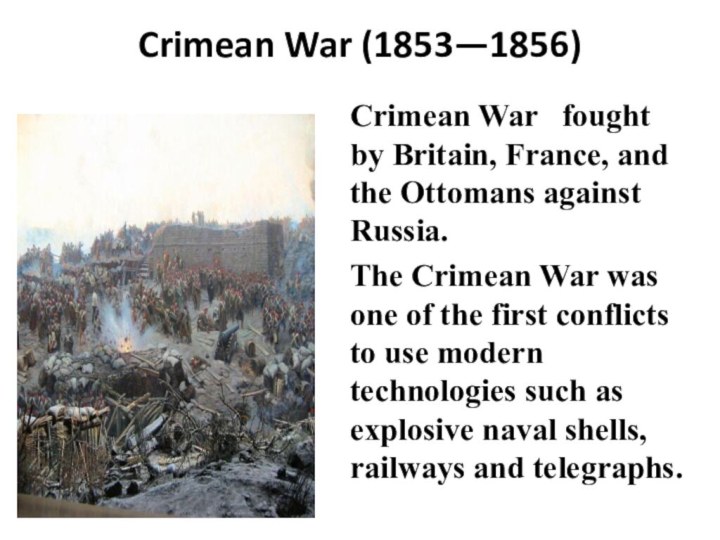
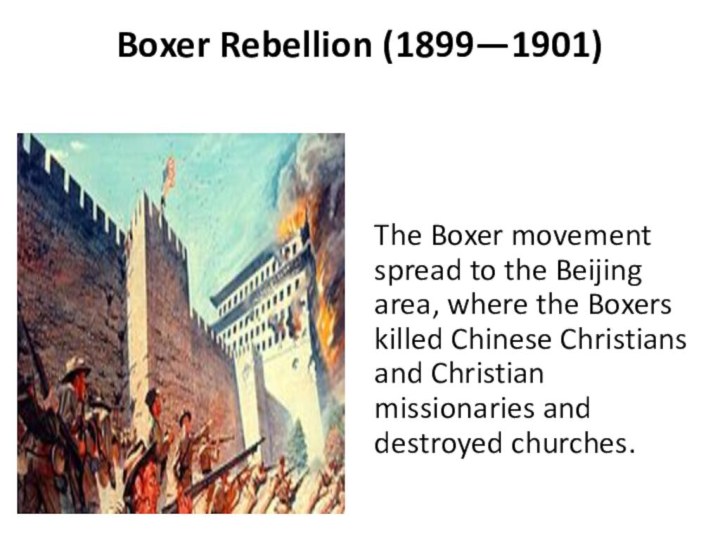
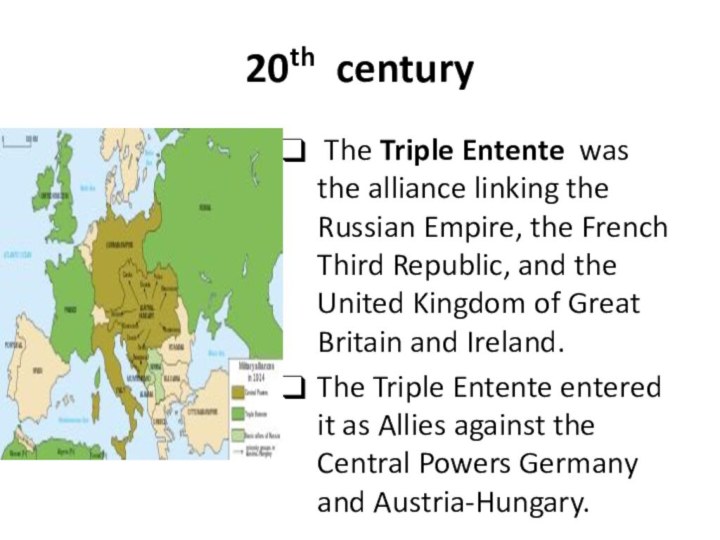
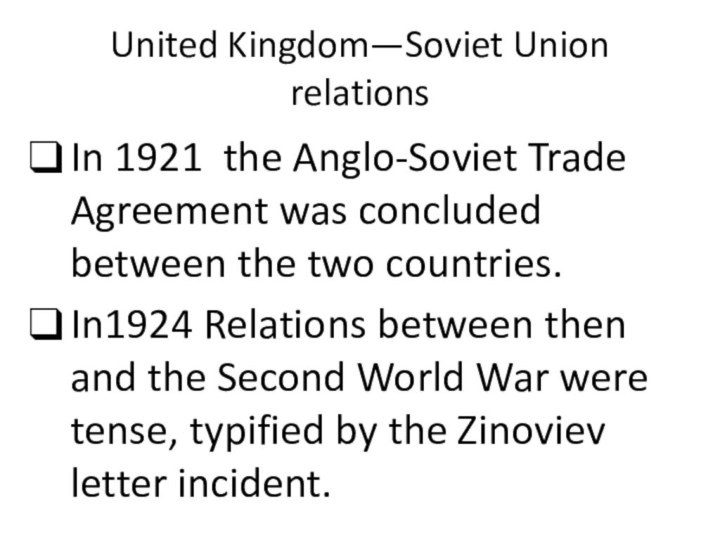
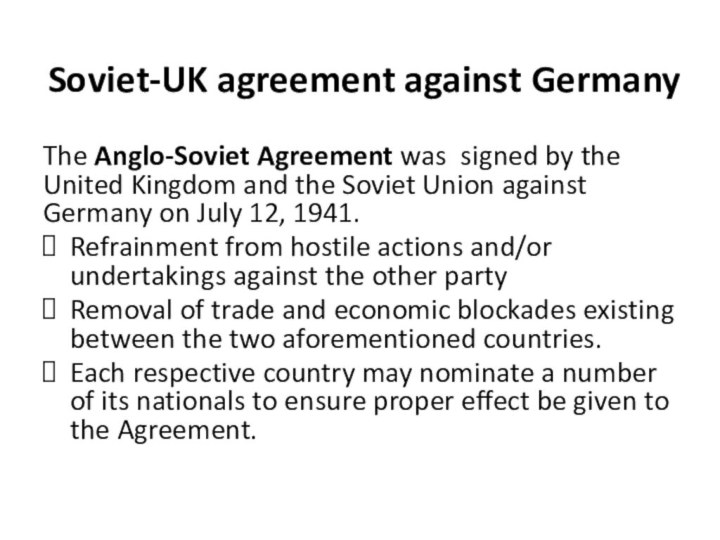
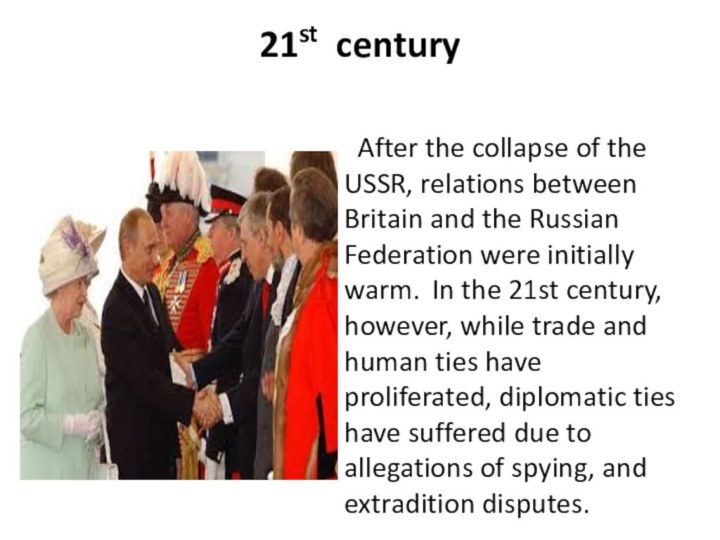
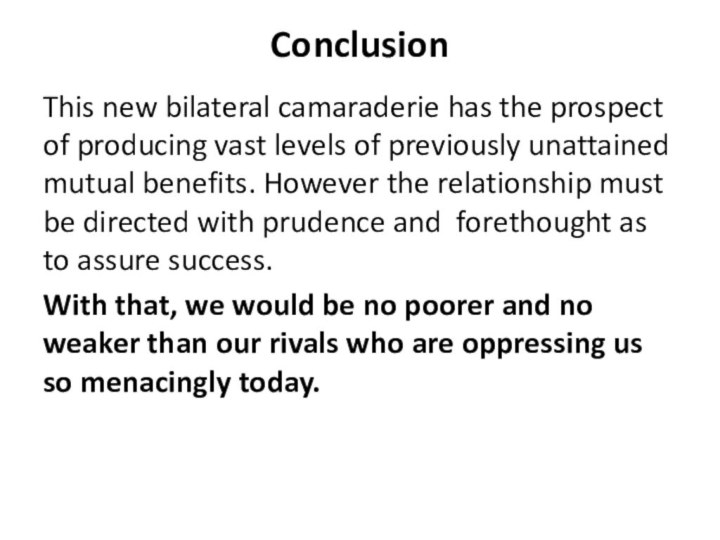
Слайд 5 In 1697–1698 during the Grand Embassy of Peter
I
On invitation of William III, Peter and part
of the mission also went to England in January 1698, where the tsar visited Gilbert Burnet and Edmond Halley in the Royal Observatory, the Royal Mint, the Royal Society, the University of Oxford, and several shipyards and artillery plants.
Слайд 6
18th century
Shipbuilders such as Cozens and Nye,
engineers such as Perry, Lane and Upton, and a
host of naval officers, including the Admiral Greig, made an enormous contribution to the development of the Russian navy.
Слайд 7
War of the Austrian Succession (1740—1748)
The war ended
with the Treaty of Aix-la-Chapelle in 1748, by which
Maria Theresa was confirmed as Archduchess of Austria and Queen of Hungary, but Prussia retained control of Silesia.
Слайд 8
Seven Years’ War (1756–63)
The Seven Years’ War involved
overseas colonial struggles between Great Britain and France.
Treaty
of Saint Petersburg (1762)Treaty of Hamburg (1762)
Treaty of Paris (1763)
Treaty of Hubertusburg (1763)
Слайд 9
18th century
The Indian March of Paul
The Indian March
of Paul was a secret project of a planned
allied Russo-French expedition against the British dominions in India.
Слайд 10
Anglo-Russian War (1807–1812)
19th century
Anglo-Russian War (1807–1812)
Tsar Alexander I
of Russia signed a disadvantageous peace treaty, known as
the Treaty of Tilsit.Naval battles in the Baltic Sea as part of the Finnish War.
Слайд 11
Crimean War (1853—1856)
Crimean War fought by Britain,
France, and the Ottomans against Russia.
The Crimean War was
one of the first conflicts to use modern technologies such as explosive naval shells, railways and telegraphs.
Слайд 12
Boxer Rebellion (1899—1901)
The Boxer movement spread to the
Beijing area, where the Boxers killed Chinese Christians and
Christian missionaries and destroyed churches.
Слайд 13
20th century
The Triple Entente was the alliance
linking the Russian Empire, the French Third Republic, and
the United Kingdom of Great Britain and Ireland.The Triple Entente entered it as Allies against the Central Powers Germany and Austria-Hungary.
Слайд 14
United Kingdom—Soviet Union relations
In 1921 the Anglo-Soviet Trade
Agreement was concluded between the two countries.
In1924 Relations
between then and the Second World War were tense, typified by the Zinoviev letter incident.
Слайд 15
Soviet-UK agreement against Germany
The Anglo-Soviet Agreement was
signed by the United Kingdom and the Soviet Union
against Germany on July 12, 1941.Refrainment from hostile actions and/or undertakings against the other party
Removal of trade and economic blockades existing between the two aforementioned countries.
Each respective country may nominate a number of its nationals to ensure proper effect be given to the Agreement.


